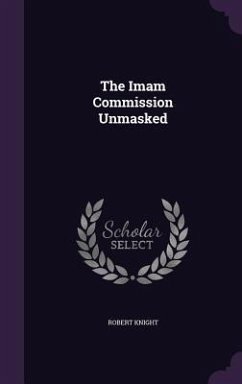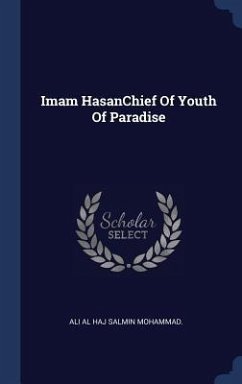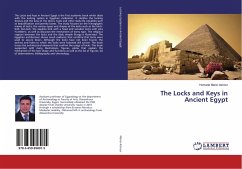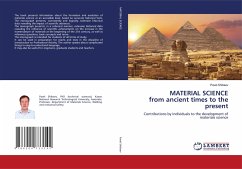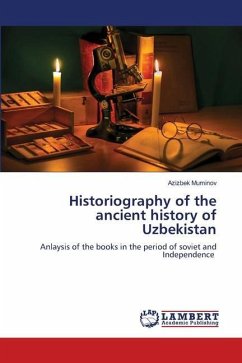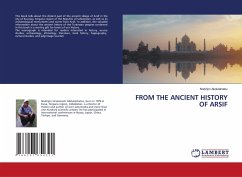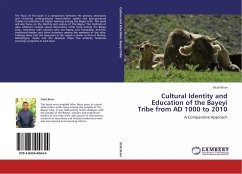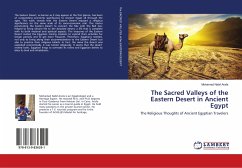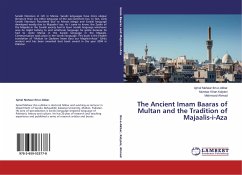
The Ancient Imam Baaras of Multan and the Tradition of Majaalis-i-Aza
Versandkostenfrei!
Versandfertig in 6-10 Tagen
33,99 €
inkl. MwSt.

PAYBACK Punkte
17 °P sammeln!
Saraiki literature in rich in Marsia. Saraiki languages have more elegiac literature than any other language of the sub-continent has. In fact, early Saraiki literature flourished due to Marsia (elegy) and Saraiki language developed mostly due to Majaalis-i- aza. As I came to know, the Zaakir of the Majaalis in the Saraiki society had to learn Saraiki language whichever area he might belong to and whichever language he spoke because he had to recite Marsia in the Saraiki language in the Majaalis. Communication took place in the Saraiki language. This book is the English translation of Multan k...
Saraiki literature in rich in Marsia. Saraiki languages have more elegiac literature than any other language of the sub-continent has. In fact, early Saraiki literature flourished due to Marsia (elegy) and Saraiki language developed mostly due to Majaalis-i- aza. As I came to know, the Zaakir of the Majaalis in the Saraiki society had to learn Saraiki language whichever area he might belong to and whichever language he spoke because he had to recite Marsia in the Saraiki language in the Majaalis. Communication took place in the Saraiki language. This book is the English translation of Multan ke Qadeem Imam bara aor Majalis-e-Aaza (Urdu version) and has been awarded best book award in the year 2004 in Pakistan.



